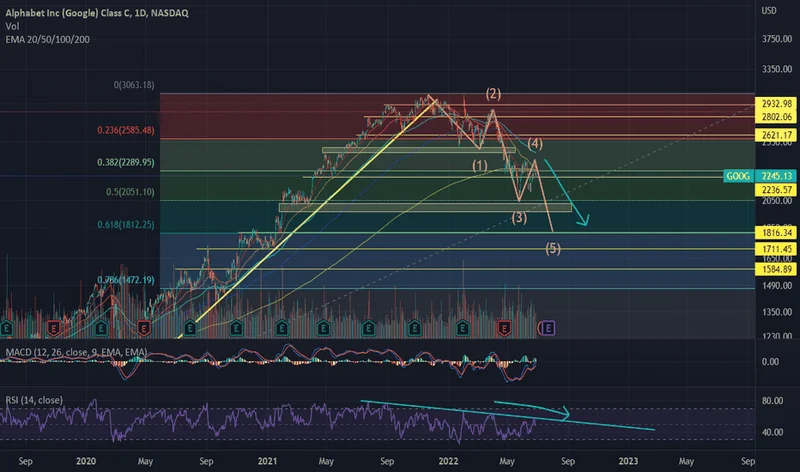Article Directory
Russo Says Buffett's Alphabet Bet a Winner, But US Debt a Bigger Worry
Alphabet's Ascent: Buffett's Savvy Play
Tom Russo, a veteran investor at Gardner Russo & Quinn, highlights Warren Buffett's successful investment in Alphabet (GOOG), Google's parent company. Berkshire Hathaway's third-quarter portfolio update revealed a $4.3 billion stake (17.8 million shares). Russo suggests Buffett or his investment managers, Ted Weschler and Todd Combs, likely initiated the position before Alphabet's significant surge.
The numbers are compelling. Alphabet's stock price jumped nearly 40% in Q3 2024, from under $180 to $244. It's climbed another 17% since then, clearing $285. If Berkshire got in early, they might have paid around $3.1 billion for a stake now worth $5.1 billion. Even after the recent surge, Russo points out that Alphabet's price-to-earnings ratio remains "below-market."
Russo attributes Alphabet's potential to its "capacity to suffer" – a willingness to make long-term investments that hurt short-term profits. He and his team claim to "look right through" Alphabet's heavy R&D spending to gauge its true profitability and "applaud" its commitment to "moonshots," or speculative tech ventures with potentially massive payoffs.
Alphabet's substantial cash reserves, similar to Berkshire's, coupled with its dominant position in AI, could translate to significant financial gains. However, Russo does caution that Alphabet's AI investments might not yield the scalable returns needed to "drive the payback" like its past initiatives. He also raises concerns that the era of "extraordinary margins" for Alphabet's search business might be ending, even with Gemini AI enhancements. Alphabet stock surges on Gemini 3 AI model optimism

The Looming Shadow of US Debt
Russo shifts the focus to a potentially larger threat: the mushrooming US debt. He believes the fallout from this could be "potentially more disruptive" than an AI stock crash. America's national debt has nearly doubled in the last decade, from under $20 trillion in 2016 to over $38 trillion today.
The "pressure" to service this debt, combined with growing threats to the US dollar's status as the world's reserve currency, could pave the way for a weaker, less influential greenback. The "more unexamined" area where "financial disruption" could occur might be in the bond and currency markets, and the wider macroeconomic and political spheres, he argues.
Russo warns that nations holding US debt have interests that extend beyond simply lending to the US, potentially aiming to supplant it. A retreat from the world stage could stifle gains in living standards and destabilize the global order.
And this is the part I find genuinely puzzling. If Alphabet is "deeply embedded in the commerce of the world," as Russo states, wouldn't a weaker dollar benefit their international operations, making their products and services more competitive in overseas markets? The narrative seems slightly contradictory.
Alphabet's Strength Doesn't Erase Macro Risks
Russo's analysis paints a picture of a company with solid fundamentals and a willingness to invest in future growth. But his concerns about US debt and the dollar's stability inject a dose of reality. While Alphabet may be a good bet, it's not immune to broader economic forces. The question is: how much of Alphabet's success is priced into the stock already, and how much is truly insulated from macroeconomic headwinds? Buffett's Alphabet Wager a Winner, Bigger Worry Than AI Crash: Russo
So, What's the Real Story?
Alphabet's a good pick, but America's balance sheet is a bigger gamble.
